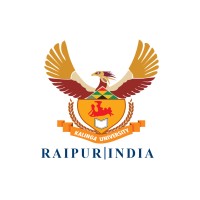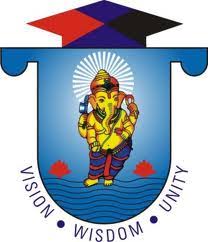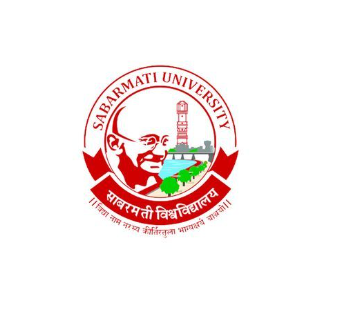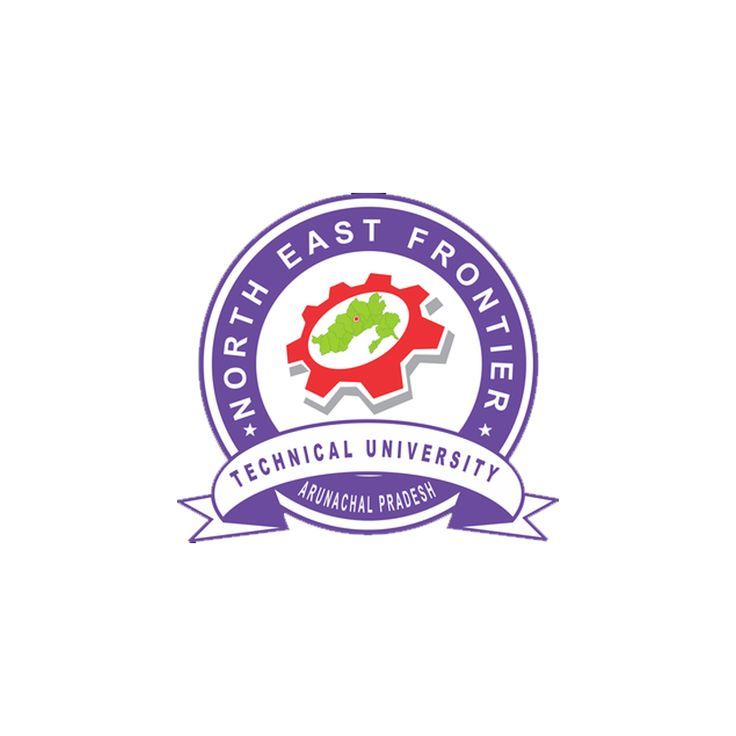An introduction, Definition & Features of Java Platforms-Shikshaglobe

An introduction, Definition & Features of Java Platforms
Java Platforms is a set of software and specifications developed by Sun Microsystems, which provides a system for developing application software and deploying it in a cross-platform environment. Java platforms are currently available for personal computers, server computers, mobile phones, and other devices.
Read More: How to Use JMeter for Performance & Load Testing
The Java platform has two components:
1. The Java Virtual Machine (JVM)
2. The Java Application Programming Interface (API)
The JVM is a virtual machine that runs Java bytecode. The API is a set of libraries that provide a standard set of functions that allow Java programs to be written. Both the JVM and the API are platform-independent, meaning they can be implemented on any hardware or operating system.
Java Platforms is a family of software products each containing a set of computer programs and tools. The Java Platforms provide a complete environment for developing and deploying Java applications. The Java Platforms are:
-Java SE: For developing desktop, server and mobile applications.
-Java EE: For developing enterprise applications.
-Java ME: For developing mobile applications.
Each platform provides a different set of tools and features. The most popular platform is Java SE, which is used for developing desktop, server and mobile applications.
Java Platforms are a set of software products that provide a complete environment for developing and deploying Java applications. They include the Java Runtime Environment (JRE), which contains the Java virtual machine, as well as the Java Development Kit (JDK), which contains the compiler and other tools needed to develop Java applications.
The most popular of the Java Platforms is the Standard Edition (Java SE), which is targeted at desktop and server applications. The Java SE platform consists of a virtual machine, the Java SE API, and the Java Development Kit (JDK). The JDK includes tools for developing, debugging, and deploying Java applications. The Java SE API provides a set of standard class libraries that can be used by all applications on the platform.
The other main platform is the Enterprise Edition (Java EE), which is targeted at large-scale enterprise applications. The Java EE platform consists of a virtual machine, the Java EE API, and an application server. The application server provides a
Java platforms are a set of computer software products that provide a system for developing application software and deploying it in a cross-platform computing environment. Java platforms are usually packaged as a suite of software products, with each product catering to a specific development or deployment phase of the software life cycle.
The Java platform has two main components: the Java Runtime Environment (JRE) and the Java Development Kit (JDK). The JRE is an implementation of the Java Virtual Machine (JVM), which is the core component of the Java platform. The JDK includes tools for developing, debugging and deploying Java applications.
Most Java platforms also include an Integrated Development Environment (IDE) for more comprehensive application development. Some popular IDEs for Java include Eclipse, NetBeans and IntelliJ IDEA.
Java platforms are a set of software products that provide a complete environment for application development. They include a Java Runtime Environment (JRE), which contains the Java virtual machine (JVM), as well as the class libraries and other support files that are necessary to run applications written in the Java programming language.
Learn More: Jmeter Timers: Constant, Gaussian Random, Uniform
The Java platform has two components:
-The Java Runtime Environment (JRE), which contains the Java virtual machine (JVM), as well as the class libraries and other support files that are necessary to run applications written in the Java programming language.
-The Java Development Kit (JDK), which is a superset of the JRE that contains everything you need to develop, compile, debug, and run applets and applications written in the Java programming language.
Java Platforms is a set of software products that provide a complete environment for developing and deploying Java applications. There are two types of platforms available: Java SE (Standard Edition) and Java EE (Enterprise Edition).
Java SE provides a complete environment for developing Java applications, including a Java Virtual Machine (JVM), a set of libraries, and an integrated development environment (IDE). It is suitable for developing simple, stand-alone applications.
Java EE provides an extended set of libraries and tools for developing more complex, enterprise-level applications. It includes features such as support for distributed transactions, web services, and security.
Java Platforms is a software platform for developing and running applications. The Java Platforms are a suite of software products each containing a set of coordinated components that provide the functionality for a complete, integrated development and deployment experience. The Java Platforms provide a complete, end-to-end solution from which developers can create, test, deploy and manage their applications. The Java Platforms provide an open, extensible environment for application development and deployment. The Java Platforms are platform-independent and can be deployed on any hardware or operating system.
The Importance of AN INTRODUCTION, DEFINITION &
FEATURES OF JAVA PLATFORMS in Today's World
In the digital age, where almost every aspect of our lives
is intertwined with technology, having a foundational understanding of Java is
of paramount importance. Java, developed by Sun Microsystems (now owned by
Oracle Corporation), is a versatile, object-oriented programming language that
has stood the test of time. It is renowned for its platform independence,
making it a fundamental tool for software development. Whether you are a
seasoned developer or just starting your journey in the tech world, Java is a
language that cannot be overlooked.
Exploring Different Types of AN INTRODUCTION, DEFINITION
& FEATURES OF JAVA PLATFORMS
Java offers a diverse range of platforms, each catering to
specific needs. From Java Standard Edition (SE) for desktop applications to
Java Enterprise Edition (EE) for large-scale enterprise systems and Java Micro
Edition (ME) for mobile and embedded devices, Java has a platform for every
context. Exploring these platforms will help you understand the adaptability
and versatility of Java, making it an essential tool in the tech arsenal.
Benefits of Pursuing AN INTRODUCTION, DEFINITION &
FEATURES OF JAVA PLATFORMS
The benefits of mastering Java are abundant. It not only
opens doors to a wide array of career opportunities but also equips you with
problem-solving skills and a logical mindset. The demand for Java developers
continues to soar, making it a lucrative field to pursue. Moreover, Java's
write-once-run-anywhere nature simplifies the development process and reduces
the time-to-market for applications.
How AN INTRODUCTION, DEFINITION & FEATURES OF JAVA
PLATFORMS Enhance Professional Development
Professionals who invest their time in learning Java often
find themselves at an advantage in the job market. Java is a language that is
not limited to a particular industry; it is used in finance, healthcare,
e-commerce, and more. Understanding Java opens doors to diverse career
opportunities and can significantly enhance your professional development.
The Role of AN INTRODUCTION, DEFINITION & FEATURES OF
JAVA PLATFORMS in Career Advancement
Career advancement often hinges on acquiring in-demand
skills, and Java is undoubtedly one of them. Companies are constantly seeking
Java experts to build robust, scalable applications. If you aspire to climb the
career ladder in the tech industry, Java proficiency can be your ticket to
success.
Choosing the Right Education Course for Your Goals
Selecting the right education course is crucial for
mastering Java. Whether you opt for a formal degree program or prefer online
courses and tutorials, it's essential to align your education with your career
goals. Researching and choosing the right educational path can make your Java
journey more efficient and enjoyable.
Online vs. Traditional AN INTRODUCTION, DEFINITION &
FEATURES OF JAVA PLATFORMS: Pros and Cons
When pursuing education in Java, you have the option to choose between traditional classroom settings and online courses. Each approach has its pros and cons. While traditional education offers face-to-face interactions and structured learning, online courses provide flexibility and accessibility. Consider your learning style and preferences when deciding which path to take.
Know More: How to use Assertions in JMeter
The Future of AN INTRODUCTION, DEFINITION & FEATURES
OF JAVA PLATFORMS: Trends and Innovations
Java is not a stagnant technology; it continues to evolve.
Keeping an eye on emerging trends and innovations in the Java ecosystem is
essential. The adoption of Java in cloud computing, the Internet of Things
(IoT), and artificial intelligence (AI) signifies its enduring relevance in
shaping the future of technology.
The Impact of AN INTRODUCTION, DEFINITION & FEATURES
OF JAVA PLATFORMS on Student Success
For students aspiring to enter the tech industry, learning
Java can be a game-changer. It equips them with the skills needed to excel in
programming, problem-solving, and critical thinking. Educational institutions
that incorporate Java into their curriculum play a pivotal role in preparing
students for a successful career in technology.
Addressing the Challenges of AN INTRODUCTION, DEFINITION
& FEATURES OF JAVA PLATFORMS and Finding Solutions
While Java offers numerous advantages, learners may
encounter challenges along the way. These challenges could include the
complexity of the language, debugging issues, or grasping advanced concepts.
However, with determination and access to valuable resources, these challenges
can be overcome.
Understanding the Pedagogy and Methodology of AN
INTRODUCTION, DEFINITION & FEATURES OF JAVA PLATFORMS
Effective learning requires a well-structured pedagogy and
methodology. Understanding how to approach Java learning can significantly
impact your progress. Practice, hands-on experience, and a growth mindset are
key elements in mastering Java.
The Global Perspective: AN INTRODUCTION, DEFINITION &
FEATURES OF JAVA PLATFORMS Around the World
Java's reach extends far beyond borders. It is a global
language used in various industries across the world. Gaining insights into how
different countries and regions leverage Java can provide a broader perspective
on its impact and significance.
AN INTRODUCTION, DEFINITION & FEATURES OF JAVA
PLATFORMS for Lifelong Learning and Personal Growth
Java is not just a career choice; it can also be a tool for
personal growth and lifelong learning. The problem-solving skills and logical
thinking developed through Java can be applied to various aspects of life. It
encourages continuous learning and adaptability in an ever-changing world.
Funding and Scholarships for AN INTRODUCTION, DEFINITION
& FEATURES OF JAVA PLATFORMS
Financing education can be a concern for many. Fortunately,
there are various funding options and scholarships available for those pursuing
education in Java. These financial aids can alleviate the burden and make
quality education more accessible.
Case Studies: Success Stories from Education Course
Graduates
To gain a deeper understanding of the real-world impact of Java education, exploring case studies of successful graduates can be inspiring. These stories highlight how mastering Java can lead to fulfilling and rewarding careers.











